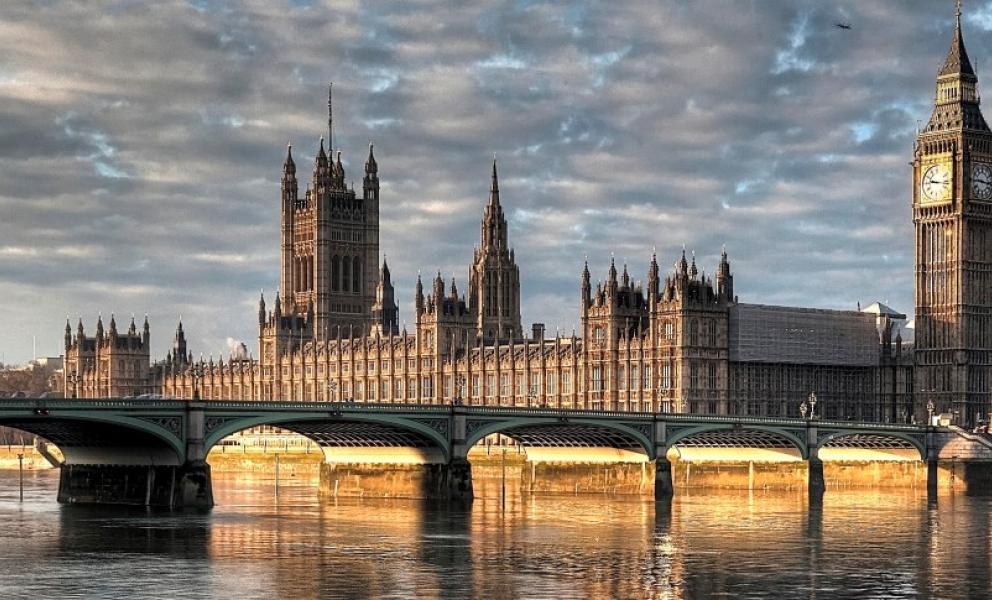
It is of course vital that Parliament decides on how we proceed with the Brexit process, and I am satisfied that this slightly revised parliamentary sitting timetable allows plenty of time for that. I think it is important to remember that Parliament was not due to sit during almost all of this period anyway because of the Party Conferences.
Altering the parliamentary timetable in this way is completely constitutional and legal, and this process occurs before every Queen’s Speech as a way of bringing the previous parliamentary session to an end. I think people’s reaction to this move is largely determined by whether they want us to leave the EU by 31st October or not, rather than the constitutional position, which is pretty clear.
I am encouraged that the Prime Minister has clearly stated he is planning for a new parliamentary vote on a withdrawal agreement on 21-22 October, ensuring there is ample opportunity for MPs to vote for a deal, and end the prospect of no deal.
I appreciate there are concerns about this prorogation given the Brexit situation, and I think the government have to be clear that Parliament will have a lot of time to deliberate on Brexit both next week, and between 14th October and when we are due to leave on 31st October. Because of this, I do not think it is accurate to say that this change means no deal can be pushed through against the will of Parliament. This would not be right, but it equally would not be right for MPs to frustrate the government’s attempts to honour the 2016 referendum result.
I do not favour a ‘no deal’ outcome, which I am concerned could negatively affect our economy and the unity of our society, and I hope the government can build on the ongoing cordial discussions with EU leaders to present a deal that can pass the House of Commons.



